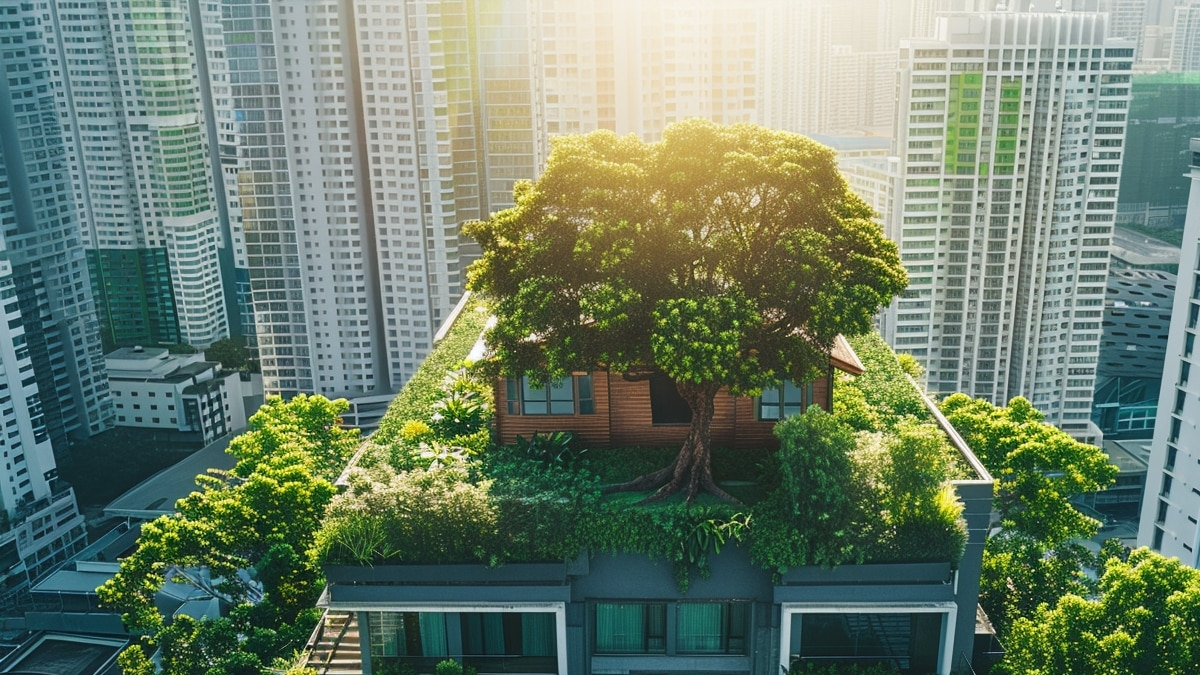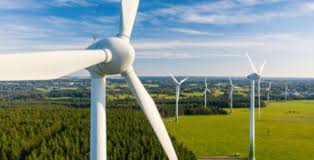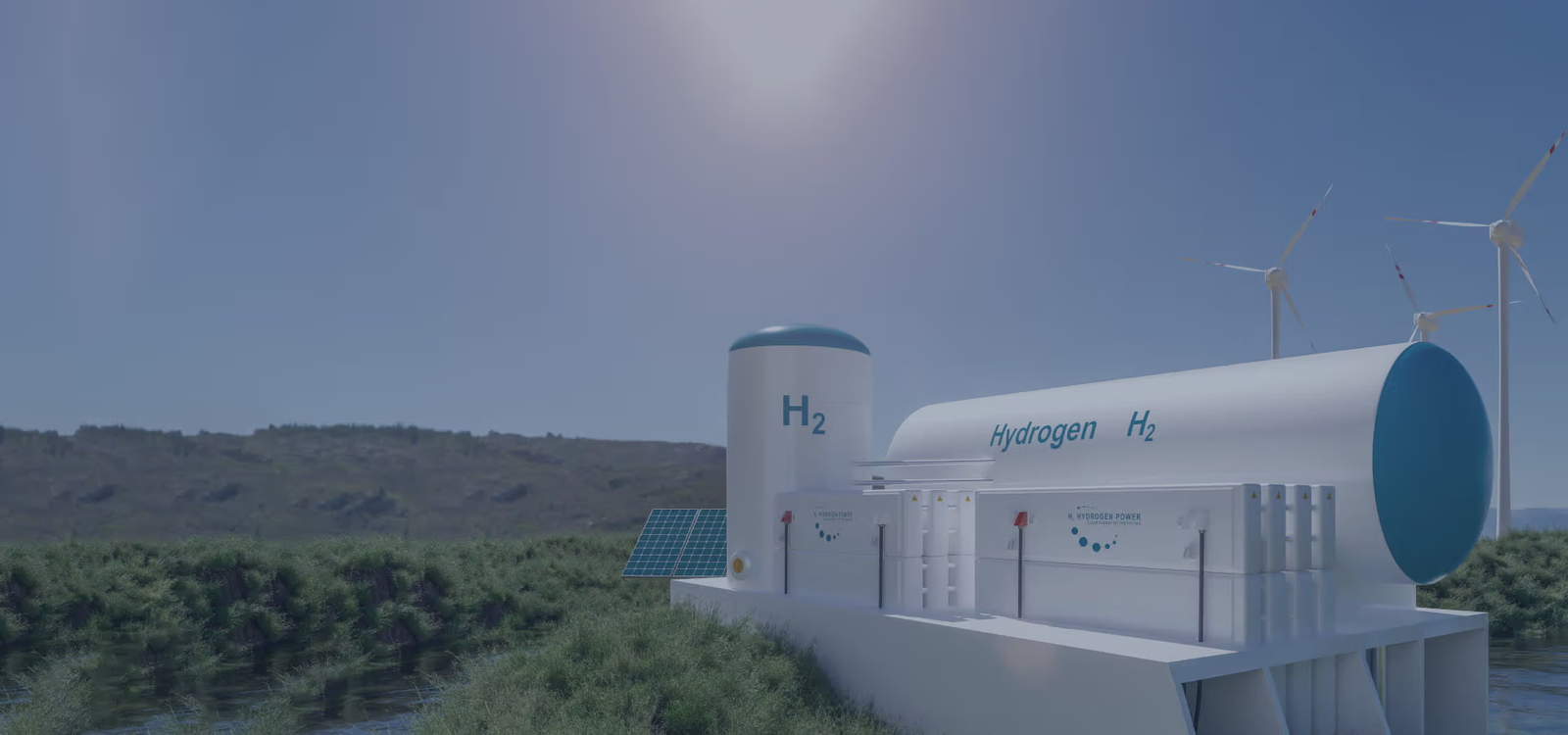Now Reading: UAE’s Green Revolution: Big Steps Toward a Sustainable Future 2025
-
01
UAE’s Green Revolution: Big Steps Toward a Sustainable Future 2025
UAE’s Green Revolution: Big Steps Toward a Sustainable Future 2025

Table of Contents
The United Arab Emirates (UAE), known for its towering skyscrapers and oil-rich history, is now making headlines for an entirely different reason: sustainability. In recent years, the UAE has launched a series of ambitious initiatives aimed at protecting the environment, conserving resources, and promoting green energy. These efforts are setting a new benchmark for countries across the Middle East and the world.
This article explores the key projects, policies, and goals that form the UAE’s journey towards a sustainable and eco-friendly future.
The UAE Vision 2030 and Beyond

At the heart of the UAE’s sustainability push is UAE Vision 2030, a national roadmap that aims to transform the country’s economy and society. Sustainability is one of its main pillars.
The UAE has set ambitious targets:
- Net Zero Carbon Emissions by 2050
- Increasing clean energy use to 50% by 2050
- Reducing carbon footprint by 70% compared to 2023 levels
In 2023, the UAE became the first Gulf nation to pledge net-zero carbon emissions by 2050, an announcement that made global headlines. The strategy includes investments in renewable energy, waste management, water conservation, and green technology.
Renewable Energy Revolution

One of the UAE’s strongest areas of progress is renewable energy.
The country is home to the Mohammed bin Rashid Al Maktoum Solar Park, the world’s largest single-site solar park, located in Dubai. The project’s aim is to produce 5,000 MW of clean energy by 2030, enough to power hundreds of thousands of homes.
Similarly, the Barakah Nuclear Energy Plant in Abu Dhabi is another game-changer. As the Arab world’s first nuclear power station, it supplies 25% of the UAE’s electricity needs without producing harmful greenhouse gas emissions.
The government has also invested heavily in hydrogen fuel projects, which experts believe will play a major role in powering industries and transportation in the future.
Sustainable Urban Development
Green buildings and smart cities are part of the UAE’s plan to create eco-friendly urban spaces. Dubai, Abu Dhabi, and Sharjah have all introduced strict green building codes that require developers to reduce energy and water consumption.
The UAE’s Masdar City in Abu Dhabi is one of the world’s most famous examples of a sustainable city. Built from scratch to be carbon-neutral, Masdar City uses solar energy, wind power, and smart water recycling systems. Cars are banned inside the city center; instead, residents and visitors use electric vehicles and bicycles.
Waste Management and Recycling Initiatives
Another critical area of focus is waste management. The UAE generates millions of tons of waste every year, but the government aims to divert 75% of waste away from landfills by 2025.
To achieve this, Dubai has launched the Waste-to-Energy Project, expected to process 1.9 million tons of waste annually and generate enough electricity to power 135,000 homes. Abu Dhabi and Sharjah have similar projects, turning trash into energy and reducing the need for landfill space.
Recycling programs have also expanded. New regulations require businesses and households to sort waste properly. In addition, bottle return schemes and e-waste recycling facilities are being introduced across the country.
Water Conservation Projects
Water scarcity is a major challenge in the desert environment of the UAE. To address this, the government has invested in desalination plants powered by renewable energy, making seawater safe for drinking.
Modern irrigation systems and treated wastewater reuse are helping reduce water waste in farming and landscaping. As part of its plan, the UAE aims to cut water consumption by 20% by 2030, preserving its limited natural water resources.
Public Awareness and Green Lifestyle
Sustainability is not just a government goal—it’s becoming a way of life. Campaigns like “Clean UAE” encourage citizens to reduce plastic use, plant trees, and save energy.
Recently, Dubai introduced a plastic bag ban, while Abu Dhabi has launched single-use plastic-free policies. Eco-friendly transportation options like electric buses, electric scooters, and metro systems are being promoted as cleaner ways to move around.
Schools and universities across the country are teaching students about sustainability, ensuring the next generation grows up with strong environmental values.
Hosting COP28: A Global Green Platform
The UAE hosted the 28th United Nations Climate Change Conference (COP28) in 2023, welcoming leaders, scientists, and activists from around the world. The event showcased the UAE’s environmental achievements and commitment to fighting climate change.
By hosting COP28, the UAE highlighted its leadership in the region and its role as a partner in global climate action.
Challenges and Future Prospects
While the UAE’s sustainability efforts are impressive, challenges remain. The country still depends heavily on fossil fuels for its economy, and reducing this reliance will take time. Climate change impacts, like rising temperatures and water shortages, will continue to test the country’s resilience.
However, with billions of dollars in green investments and clear national strategies, the UAE is moving confidently toward a more sustainable, low-carbon future.
Conclusion
The UAE’s journey towards sustainability is inspiring for many countries around the world. From clean energy to waste reduction and water conservation, the country is proving that a desert nation can lead the global green movement.
As more projects are completed and policies enforced, the UAE is likely to set new records in renewable energy, eco-friendly urban development, and environmental protection.
Read More:- Shobha Realty Launches Its Most Luxurious Project Yet—Full Details Inside 2025






















